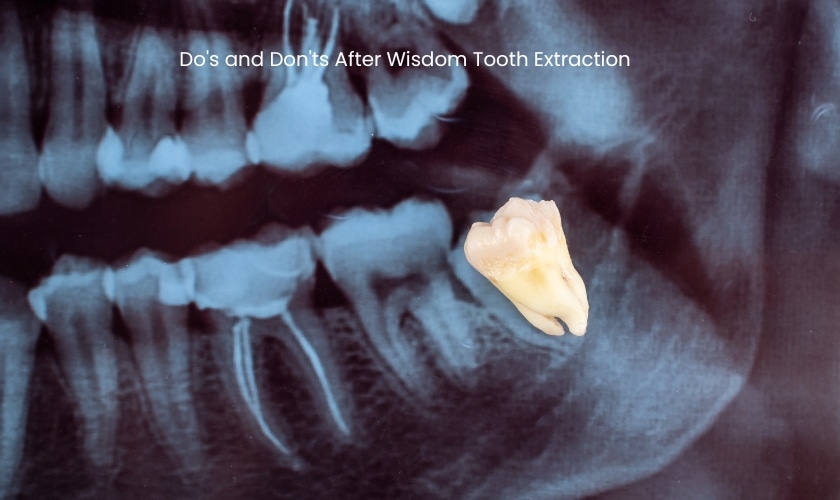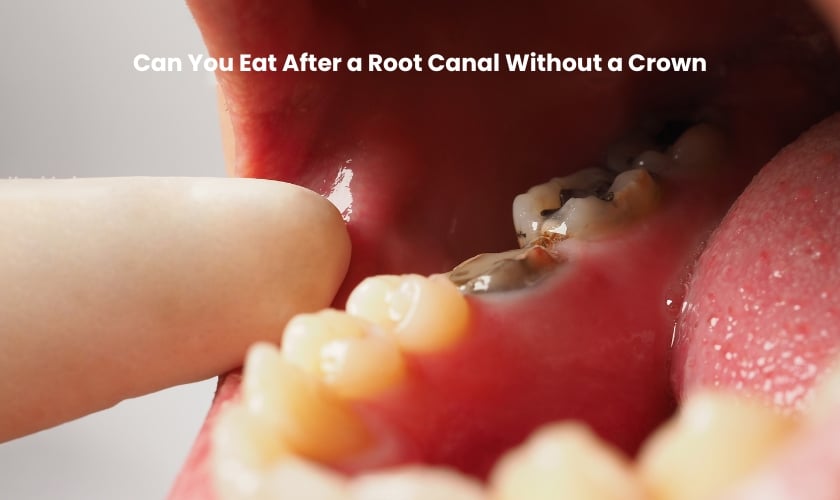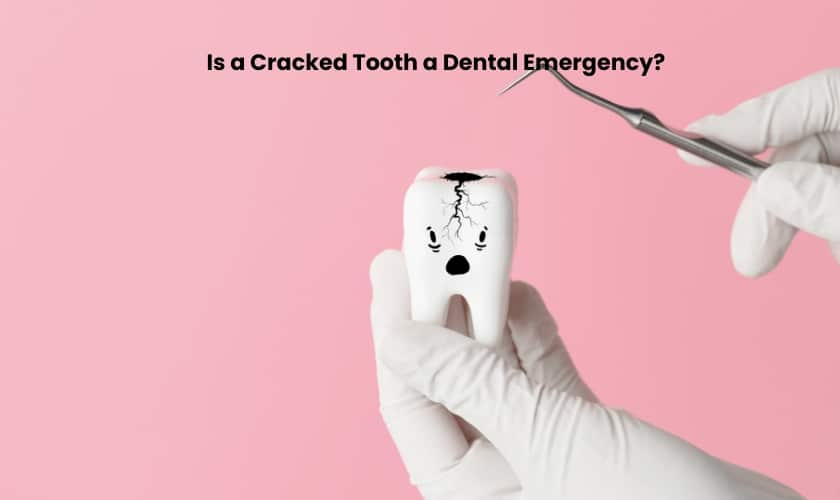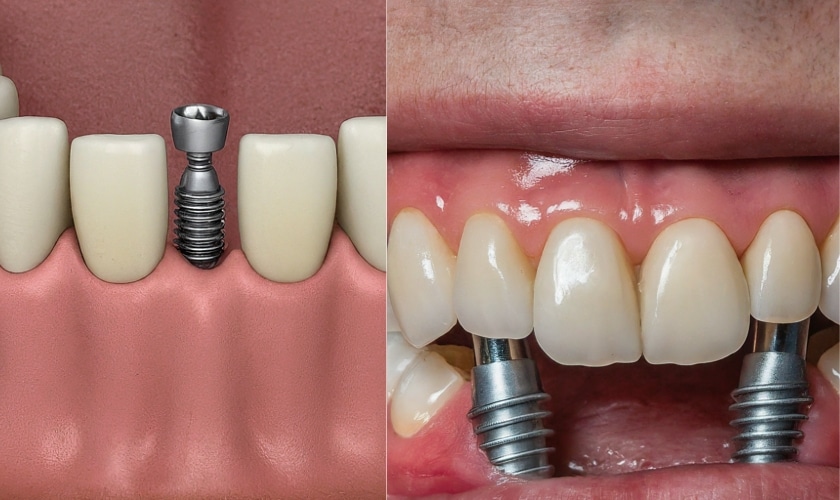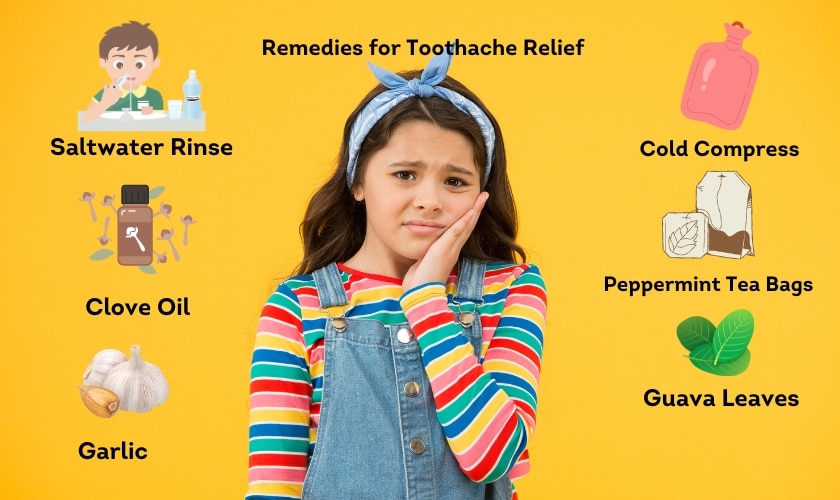
11 Natural Home Remedies for Toothache Relief
Toothaches are no fun. That persistent throbbing pain can disrupt your entire day, making it difficult to concentrate, eat, or even sleep. While a dentist visit is always the ultimate solution, sometimes immediate relief is necessary. Here’s where simple home remedies for toothache relief come in handy.
These remedies are readily available ingredients found in most households and offer temporary pain relief. However, it’s crucial to remember that they don’t address the underlying cause of the toothache.
According to a study published by the National Institutes of Health, nearly 40% of adults reported experiencing a toothache in the past year. That’s a significant number of people dealing with this discomfort!
This blog explores 11 simple home remedies for toothache relief, along with explanations for why they might work. Additionally, we’ll answer some frequently asked questions about toothaches and provide tips for preventing them in the future.
Home Remedies for Toothache Relief
Before diving into the remedies, remember: a dentist can diagnose the root cause of your toothache and provide proper treatment. However, these home remedies can offer temporary relief while you schedule an appointment.
1. Saltwater Rinse:
A classic and effective remedy, saltwater is a natural disinfectant that helps reduce inflammation and dislodge food particles stuck between teeth. Mix half a teaspoon of table salt into a warm glass of water and swish thoroughly for 30 seconds. Repeat several times a day.
2. Cold Compress:
Apply a cold compress to the outside of your cheek near the affected tooth. The cold temperature numbs the area and reduces swelling, offering temporary pain relief. Wrap ice cubes in a clean cloth to create a cold compress. Apply for 15-minute intervals with 15-minute breaks in between to prevent tissue damage.
3. Clove Oil:
This potent remedy boasts natural numbing and antiseptic properties. Dab a cotton swab with diluted clove oil (one drop of clove oil mixed with a teaspoon of carrier oil like olive oil) and apply it directly to the affected tooth. Caution: Clove oil can be strong, so avoid direct contact with gums and never swallow it.
4. Peppermint Tea Bags:
Peppermint has a natural cooling effect and may help alleviate pain. Steep a peppermint tea bag in hot water for a few minutes. Let it cool slightly and then place the used tea bag on the affected area for a soothing sensation.
5. Garlic:
Garlic’s antibacterial properties might help fight infections, potentially reducing toothache pain. Crush a garlic clove into a paste and apply it directly to the affected tooth. Caution: Garlic can irritate the gums, so use a small amount and avoid contact with soft tissues.
6. Vanilla Extract:
The alcohol content in vanilla extract can act as a mild anesthetic, providing temporary pain relief. Apply a small amount of pure vanilla extract to a cotton swab and dab it gently on the affected tooth.
7. Hydrogen Peroxide Rinse:
A diluted hydrogen peroxide rinse can help remove food debris and bacteria around the tooth. Mix a 3% hydrogen peroxide solution with equal parts water and swish for 30 seconds. Do not swallow the mixture and rinse thoroughly with plain water after use.
8. Baking Soda Paste:
Baking soda has natural anti-inflammatory properties that might help reduce swelling and pain. Make a paste with baking soda and water and apply it to the affected tooth. You can also add a pinch of salt for an additional antibacterial effect.
9. Guava Leaves:
In some cultures, guava leaves are used as a natural remedy for toothaches. Chewing on a clean guava leaf might provide temporary pain relief due to its astringent properties. However, scientific evidence supporting this remedy is limited.
10. Wheatgrass Juice:
Proponents of natural healing suggest wheatgrass juice as a potential remedy for toothaches. While the juice may have some antibacterial properties, there’s a lack of scientific research to confirm its effectiveness for pain relief.
11. Thyme:
Thyme is known for its antiseptic properties. While more research is needed, some people find relief by chewing on a fresh thyme leaf or swishing with diluted thyme tea.
What are the different types of toothaches?
Toothaches can vary depending on the cause. Common types include:
- Dull, persistent ache: This could indicate an infection, teeth grinding, or a sinus issue.
- Sharp pain: This might be caused by a cavity, cracked tooth, or loose filling.
- Throbbing pain: This is often a sign of an abscessed tooth or a severe infection.
When should I see a dentist for a toothache?
While home remedies can offer temporary relief, it’s crucial to see a dentist for a proper diagnosis and treatment. Here are some signs that warrant immediate dental attention:
- Severe, throbbing pain that doesn’t improve with home remedies
- Fever or facial swelling
- Difficulty breathing or swallowing
- Visible damage to the tooth
- Pain that lasts for more than a day or two
How can I prevent toothaches?
Here are some tips to keep toothaches at bay:
- Practice good oral hygiene: Brush your teeth twice daily for two minutes each time, and floss once a day.
- Maintain a healthy diet: Limit sugary foods and drinks, which contribute to tooth decay.
- Schedule regular dental checkups and cleanings: Professional cleanings remove plaque and tartar buildup that can lead to cavities.
- Manage stress: Stress can worsen toothaches. Relaxation techniques like yoga or meditation may help.
- Wear a mouthguard: If you grind your teeth at night, a mouthguard can protect your teeth from damage.
Are there any risks associated with using home remedies for toothaches?
While generally safe, some home remedies may have mild side effects. For example, clove oil can irritate gums, and garlic can cause a burning sensation. It’s always best to consult with your dentist before using any home remedy, especially if you have any underlying health conditions.
What pain relievers can I use for a toothache?
Over-the-counter pain relievers like ibuprofen or acetaminophen can offer temporary pain relief. However, follow the dosage instructions carefully and avoid exceeding the recommended amount.
Toothaches can be disruptive and painful. While simple home remedies can offer temporary relief, remember, they don’t address the root cause of the problem. It is best to see a dentist near your location; a visit is crucial for proper diagnosis and treatment. By practicing good oral hygiene, maintaining a healthy diet, and managing stress, you can minimize your risk of toothaches and keep your smile healthy.
